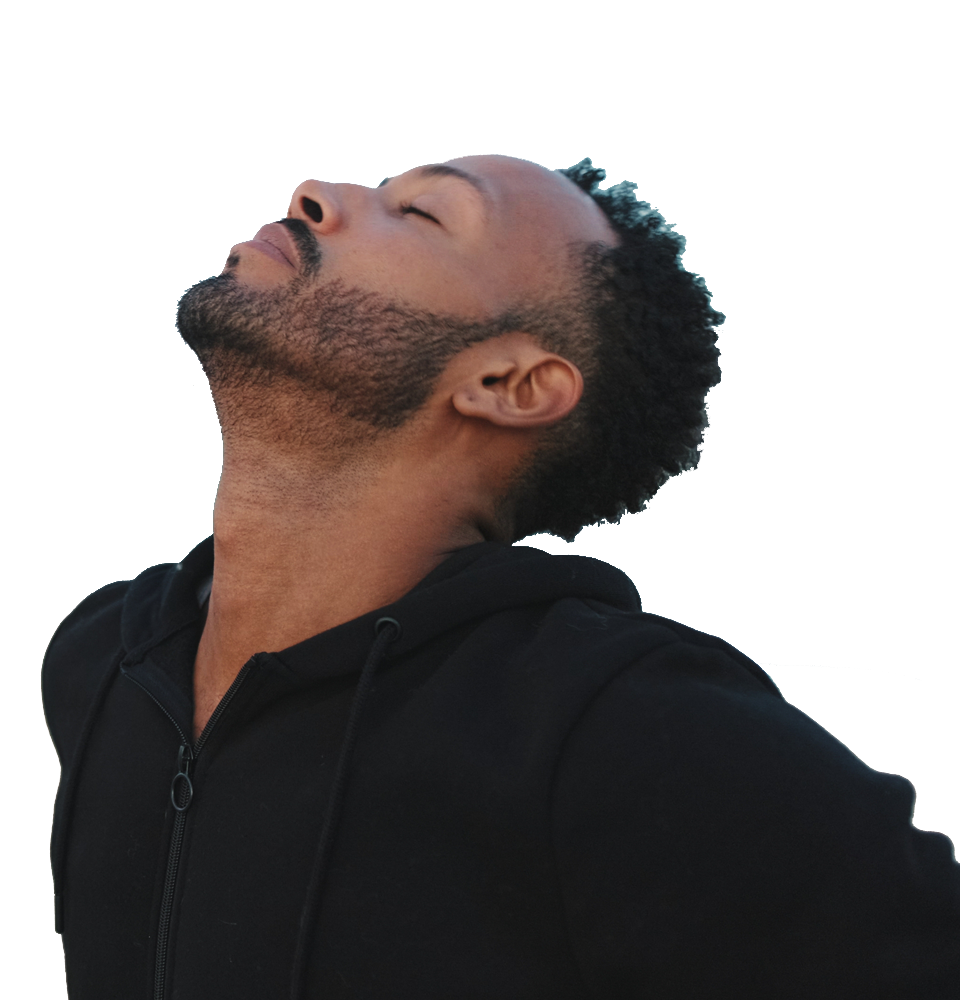Alternative therapies
Treatment Resistant


Alternative Therapy
Alternative therapies for mental health refer to a range of non-conventional treatments that can help individuals manage their mental health symptoms. These therapies may include things like acupuncture, meditation, yoga, art therapy and music therapy, among others.
If you or a loved one have treatment resistant to convential methods these approaches offer a holistic and personalized approach to healing, focusing on the mind, body and spirit. Some of these therapies have been found to be effective in reducing symptoms of anxiety, depression and stress.
In many cases alternative therapies together with evidence-based treatments such as medication and therapy improve the recovery process. It is recommended that individuals discuss these options with their mental health provider to determine if they are appropriate for their unique needs and circumstances.
Treatment Resistant
Alternative Therapies
The history of alternative therapies for mental health recovery can be traced back to ancient times when traditional healers used various methods to treat mental health conditions. For example, acupuncture, a technique that involves inserting needles into specific points of the body to restore balance, was developed in China over 2,500 years ago. Similarly, yoga and meditation have roots in ancient Indian practices that were used to promote mental and physical well-being.
In the 20th century, alternative therapies gained popularity in Western countries as people sought alternative forms of healing outside of traditional medicine. Today, alternative therapies are recognized as a complementary approach to mental health treatment, with growing evidence supporting their effectiveness in reducing symptoms of mental illness. While these therapies may not work for everyone, they offer a range of options for individuals seeking to improve their mental health and overall well-being.
Services
Alternative Therapies
Consultation
Mental health consultation is important before pursuing alternative therapies to ensure that they are safe and effective for an individual’s specific mental health needs.
Individualized Care
We believe individualized treatment plans are critical for alternative therapies as they are tailored to meet an individual’s unique needs, preferences and goals for mental health recovery.
Guided Programs
Our approach to alternative therapy is through guided programs which provide for a structured and effective way for individuals to engage in alternative therapies as part of their mental health treatment plan.
alternative therapies
for Treatment Resistant
Strategies and Alternative Therapies
Remember, asking for help is a sign of strength, not weakness. With the right support and treatment, it is possible to manage treatment-resistant conditions and live a fulfilling life.
Talk to your healthcare provider
Your healthcare provider is a good place to start. They can help you explore different treatment options and refer you to specialists if needed.
Involve your loved ones
It’s important to involve your loved ones in your treatment journey. They can provide emotional support and help you navigate the challenges of living with a treatment-resistant condition.
Seek out a therapist
A therapist can help you explore your feelings and develop coping strategies to manage your condition.
New Therapy Practices


